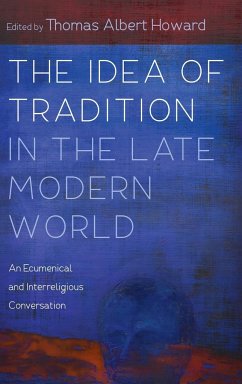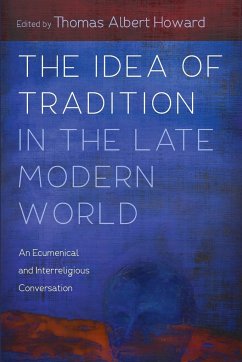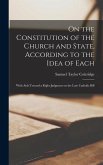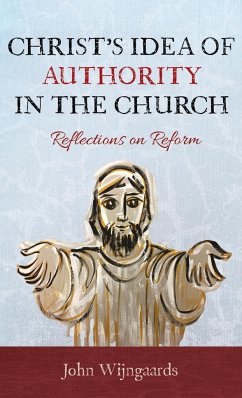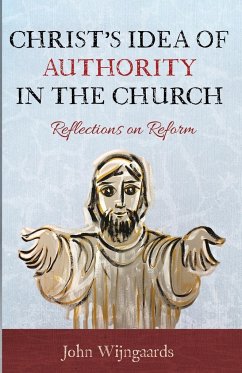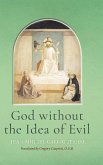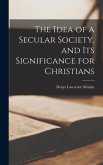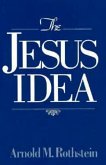Our late modern era is marked by the rapidity of change; waxing pluralism; focus on the future, not the past; the elevation of personal choice over communal obligation; and, for some, a sense of spiritual and intellectual disorientation that can lead to resentment, fear, nostalgia, and/or a disordered desire for absolute certainty and rigid authority. How can religious traditions be maintained and even thrive in such an environment? How do they negotiate the fluidity of it all and transmit their beliefs and practices to future generations? What should be the role of academic authorities vis-a-vis religious authorities in this process? Finally, what can different religious traditions learn from one another on the general topic of tradition? This volume invites readers to participate in a candid ecumenical and interreligious conversation involving Christian, Jewish, and Muslim voices. The editor and contributors alike contend that the ""Abrahamic"" faiths, while having honest differences, face common challenges from contemporary culture, which often fosters incomprehension about the depth, breadth, and intellectual rigor of religious traditions. At the same time, traditions can become disengaged and moribund without attending to them with careful reflection, discernment, and conversation with others who hold different points of view.

